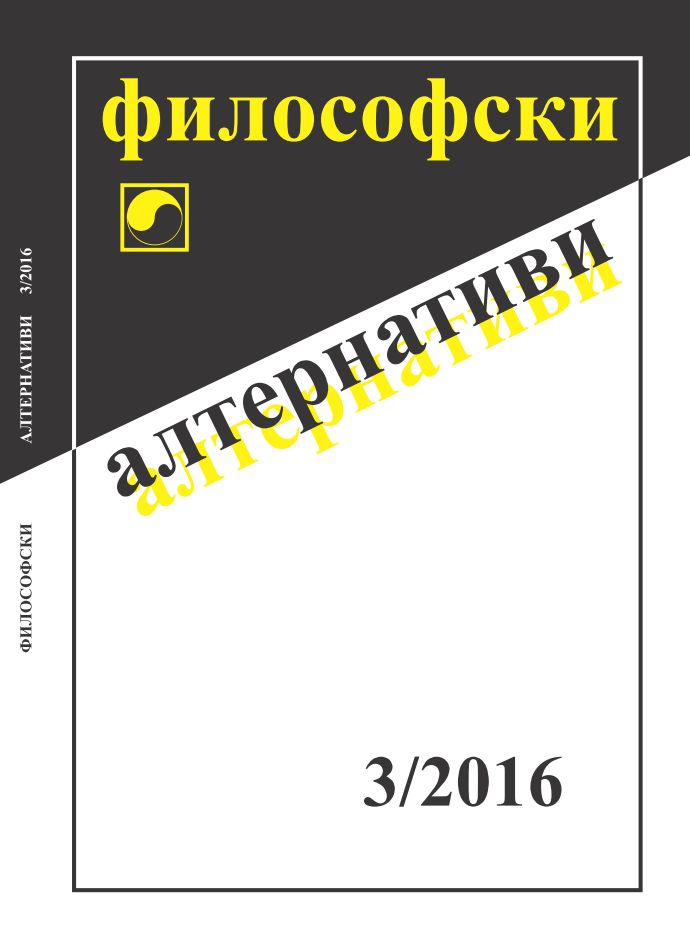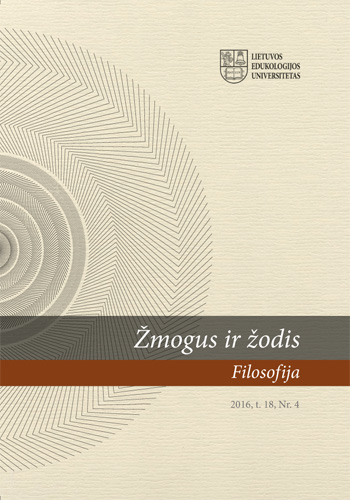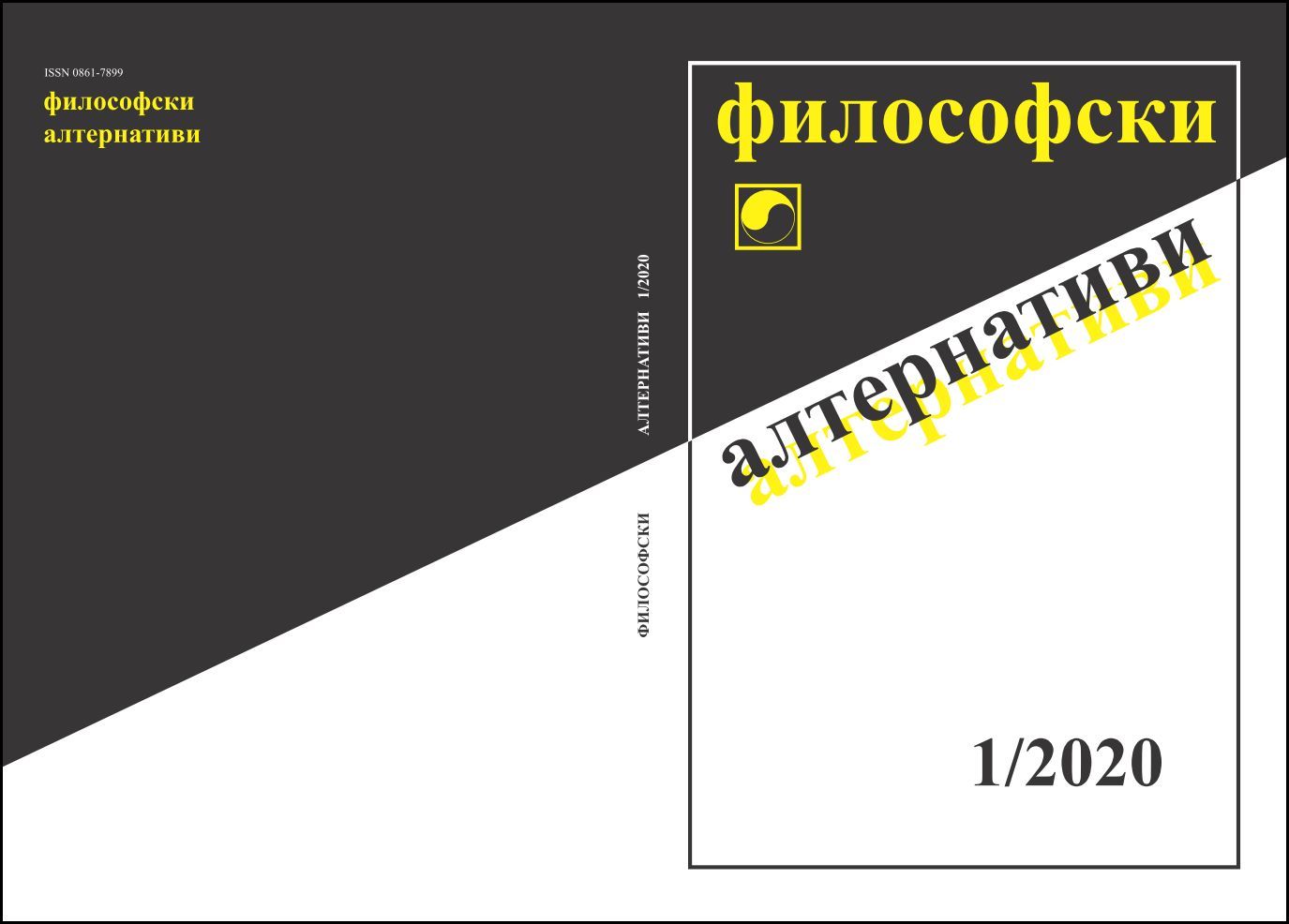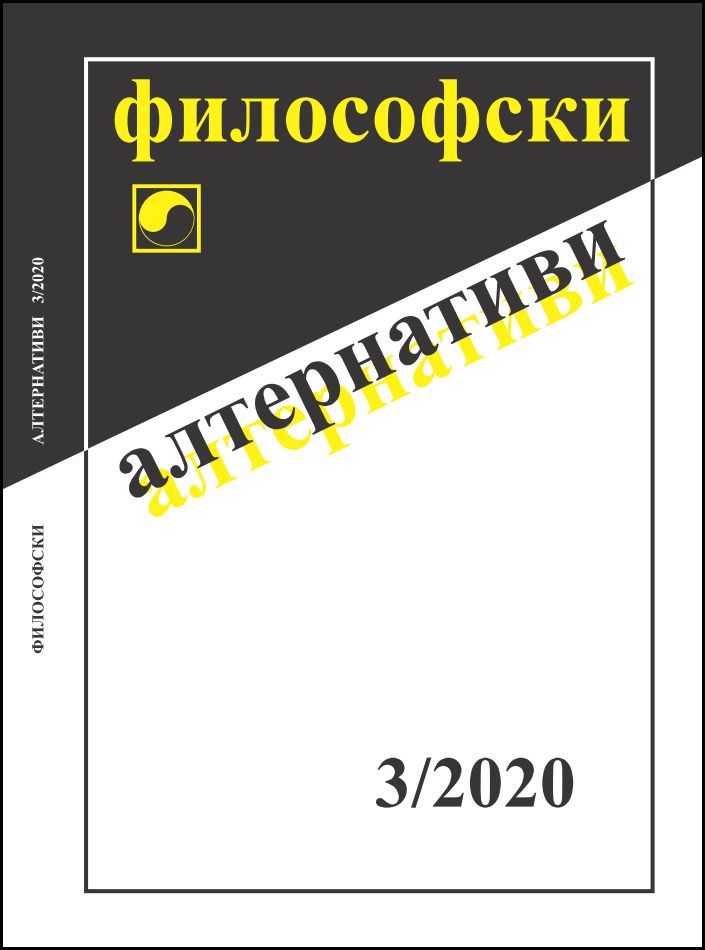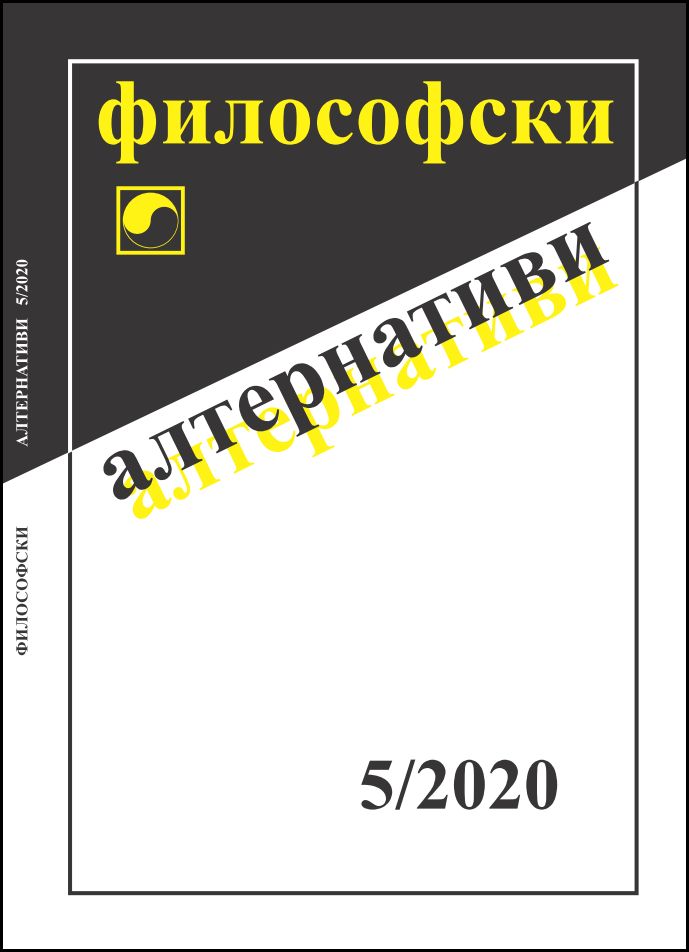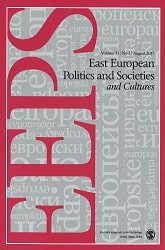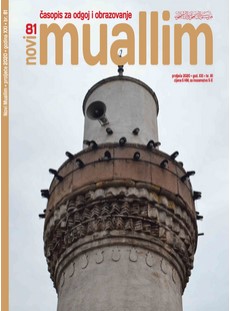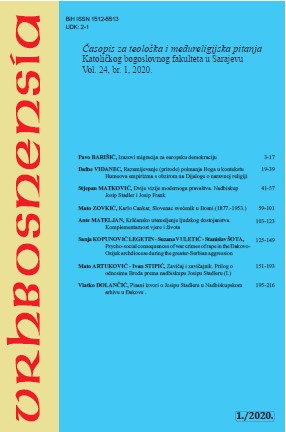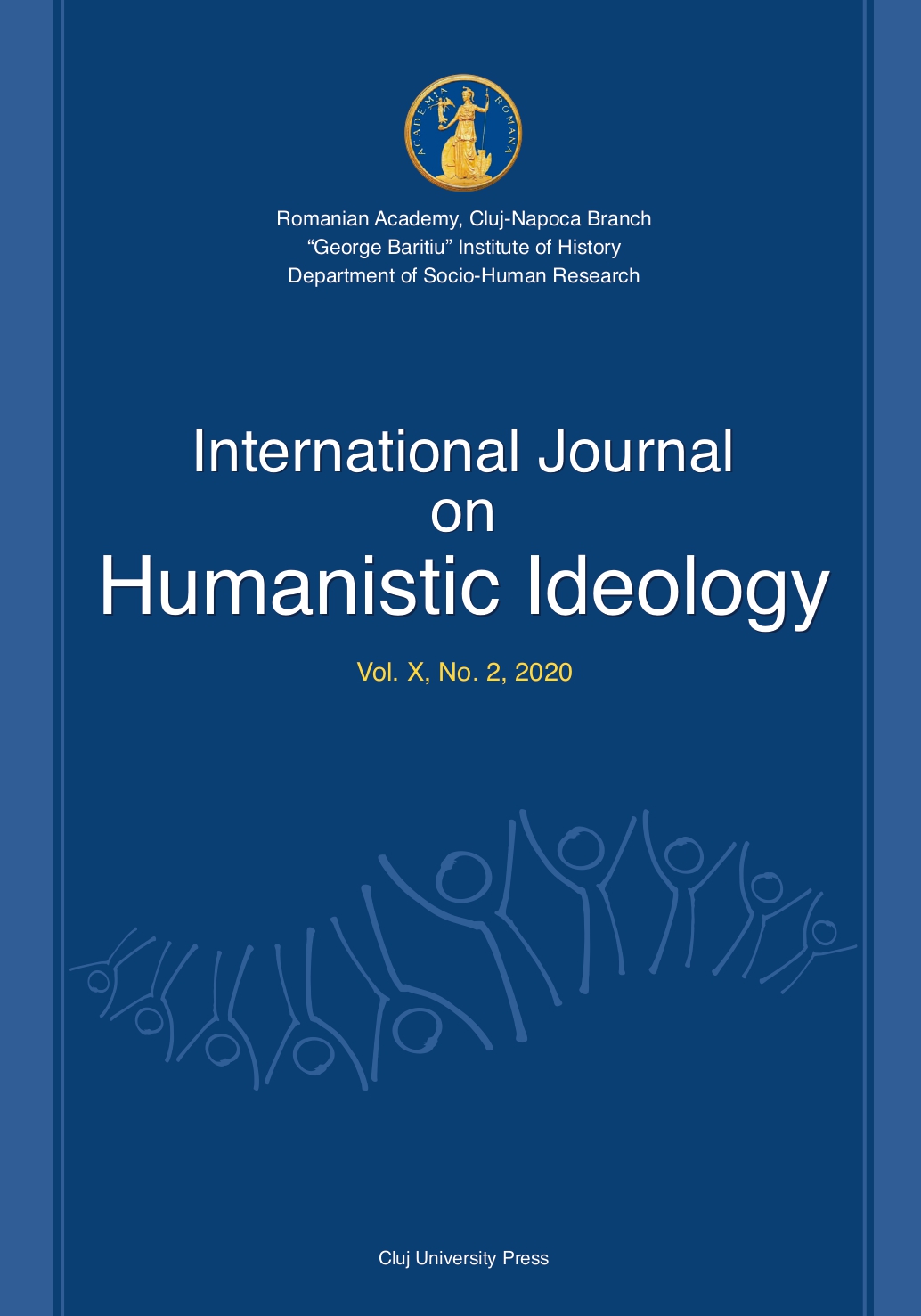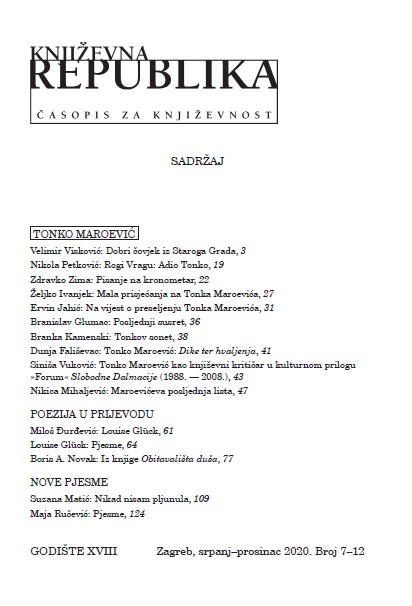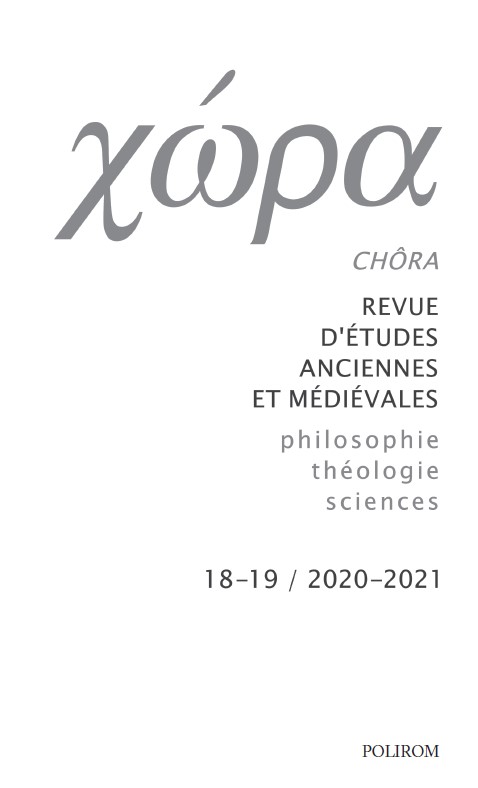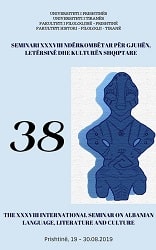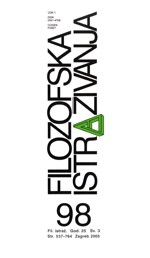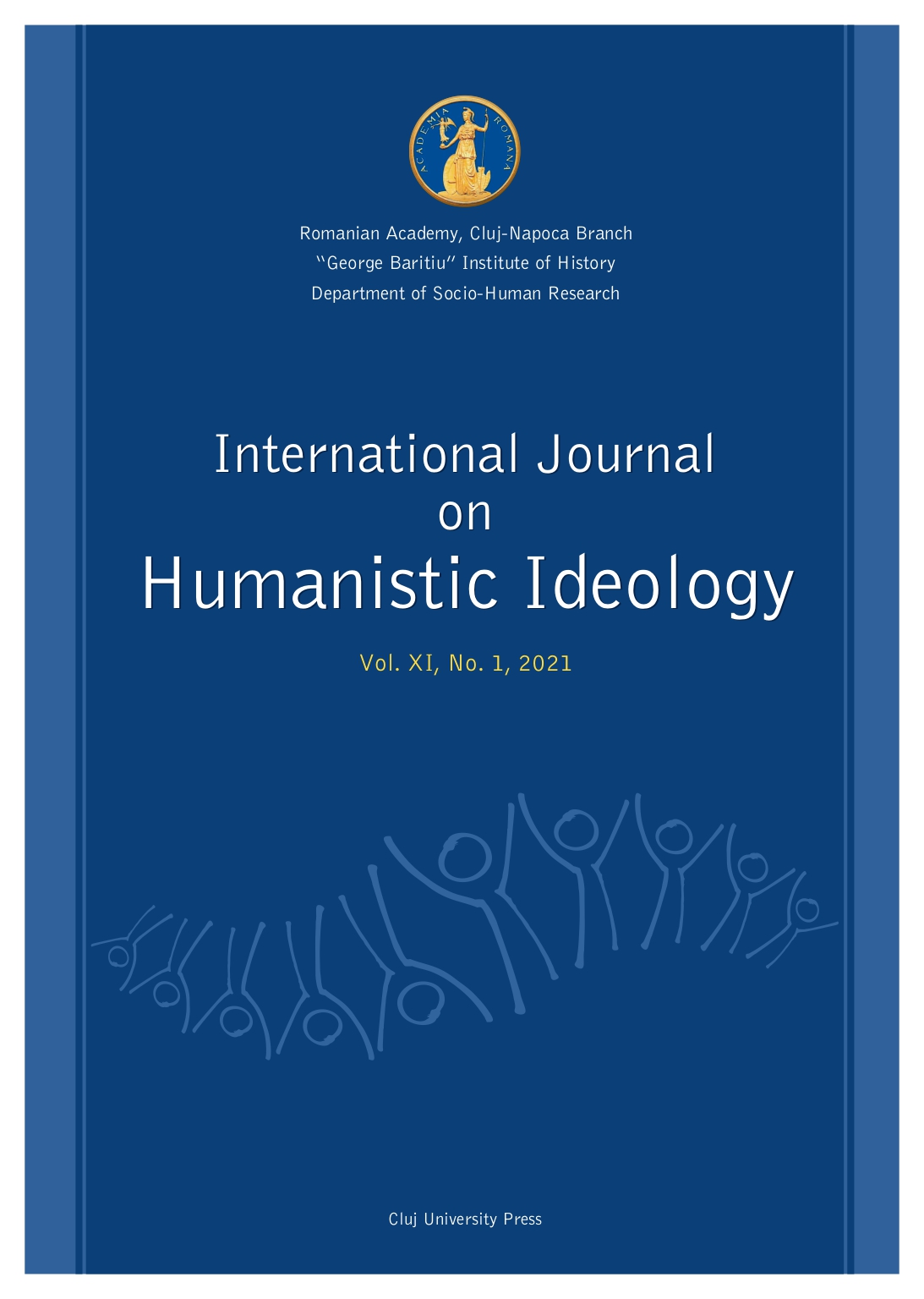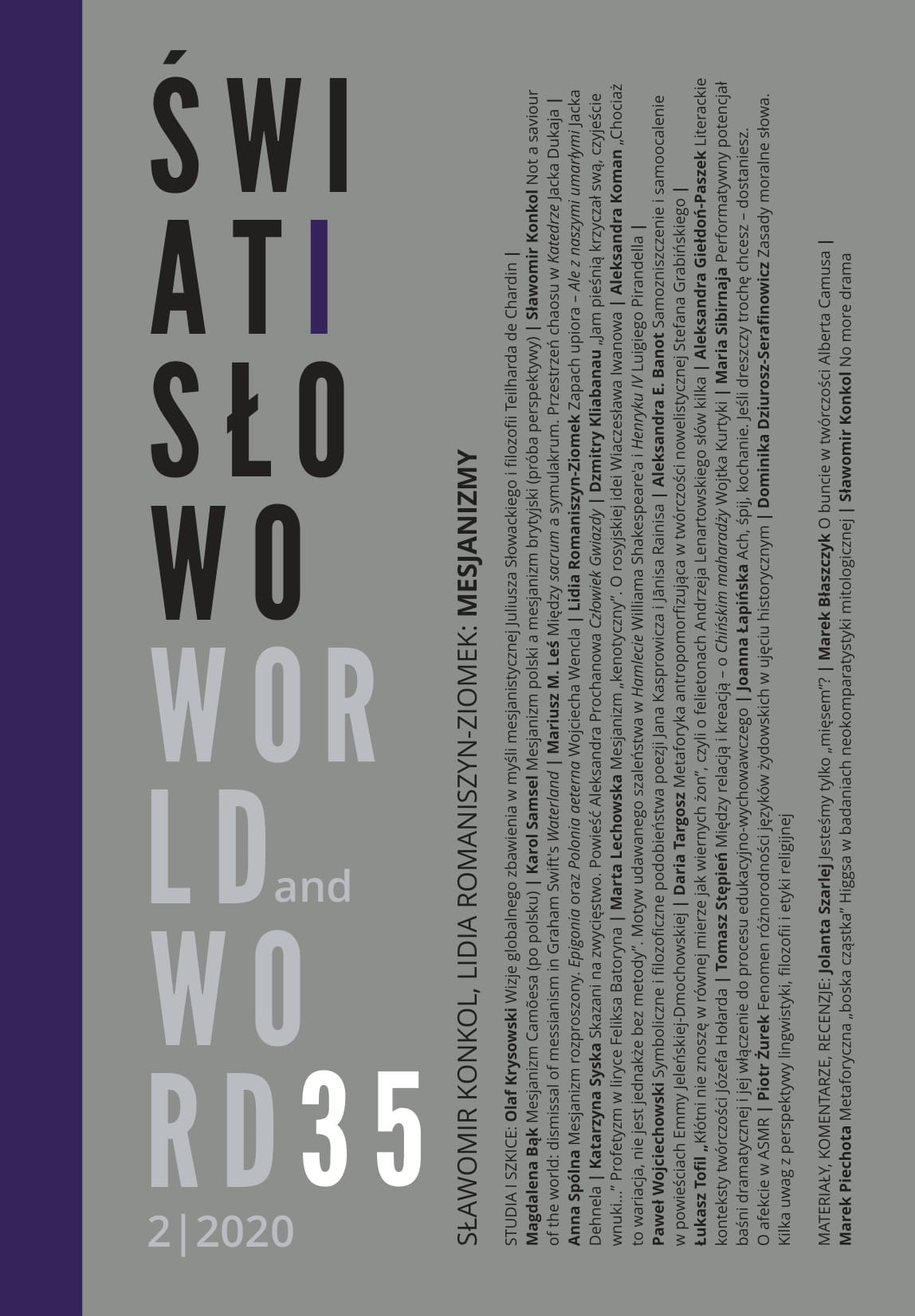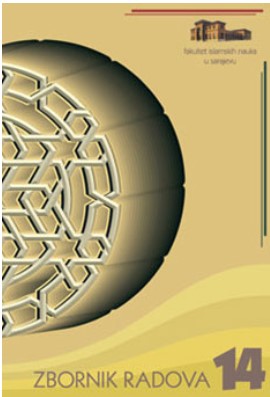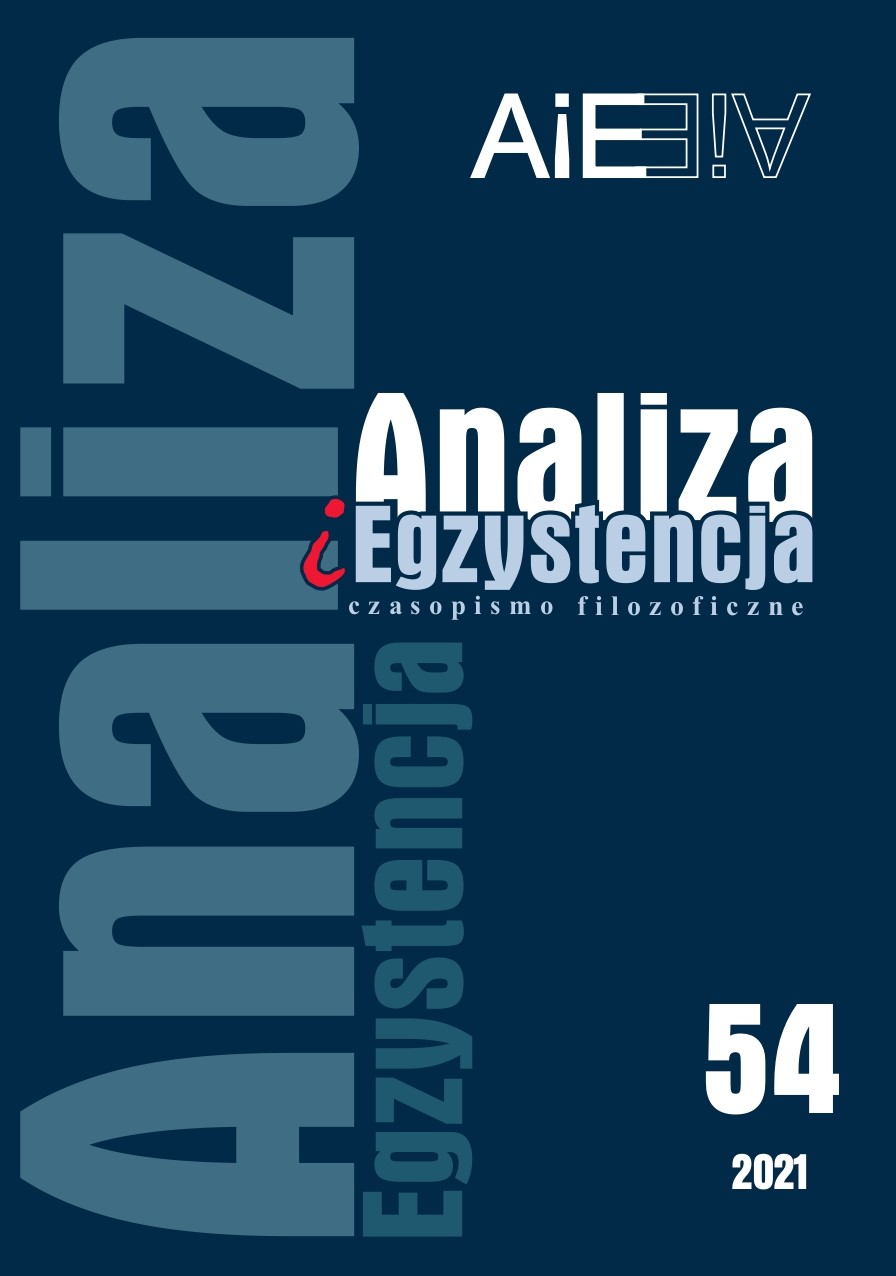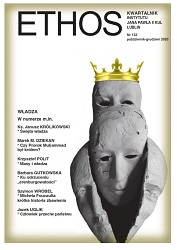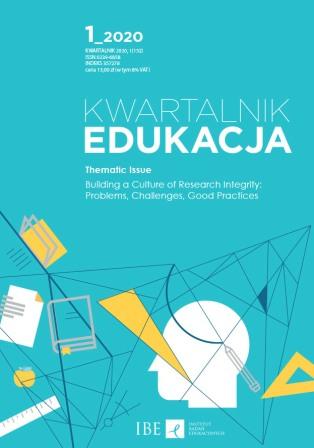Author(s): Klotilda Margjeka-Zalli / Language(s): Albanian
Issue: 38.2/2019
The literary work of Ismail Kadare "The Accident" offers several reading ways in the function of dismounting the occurrence of death, throughout the evidences, but even through the fantastic element, and through the dream that ëill be the object of the short work. Build upon various interpretation variants, which is the technique of the author the dream as an inseparable part of the characters, plays an important role in the occurrence of death, in the accident of characters Besfort and Rovena. So our analysis will be detailed in the identification of the dream, its symbolism as a specific language of subconsciousness, subjected literary art, its role and its type in this ëork, being concentrated on the analysis of the text as a study method. After a detailed study of the characters, the effort of consciousness or unconsciousness, gives them fluctuation, ëhere the process of dreaming sometimes is ignored and sometimes is given importance, to give the occurrence not a small dimension and the connectivity of the events with each-other. A terminology which is rich in terms of the time of socialist realism, the figure of Stalin appears in a dream, like an archetype symbol. A particular issue will be devoted to the way of how the period of communism comes through the dream, knoëing as well the relationship of the author with it. One of the functions of the dream referring to C.G.Jung, is that it could predict situations before they happen. It is exactly this function that serves the event and that will get even the next issue in our work, in order to see the relationship of the characters with it. Also we will identify some "dream" expressions being invented from the author or from our popular culture, inherited in time, the dreaming process as a form of snoozing etc.
More...
